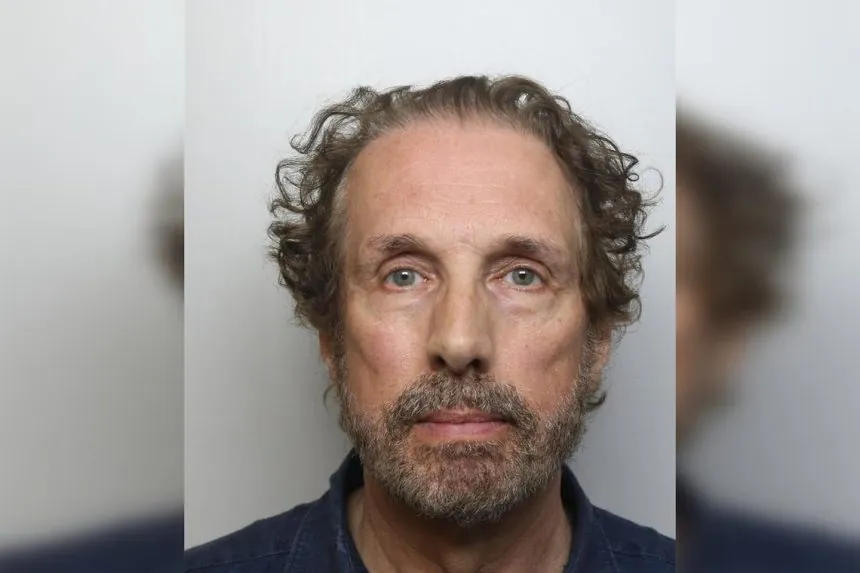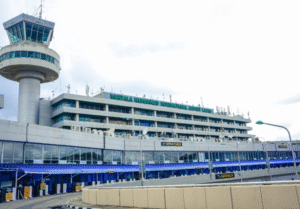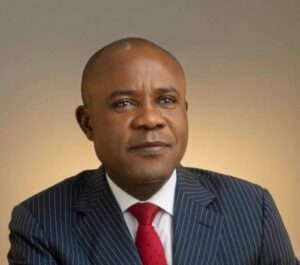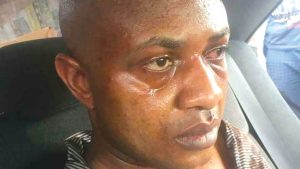
Chris Brain, founder of Nine O’Clock Service, exploited followers for sex
A British church leader once celebrated within the Church of England has been convicted of sexually abusing women under his care.
Chris Brain, 68, founder of the Nine O’Clock Service in Sheffield, was yesterday found guilty of 17 counts of indecent assault against nine women who were members of his congregation.
The verdict, delivered by a jury at the Inner London Crown Court, brings to an end a decades-long saga that first came to light in the mid-1990s. Brain, who denied the charges, faced a total of 37 counts, including rape. He was acquitted of 15, while the jury could not reach a verdict on five others, including the rape allegation. Prosecutors said a decision would be taken on whether to seek a retrial.
The Nine O’Clock Service, launched in the 1980s, gained fame for its nightclub-style worship sessions held on Sunday nights, complete with loud music, flashing lights, and throngs of young followers. The movement attracted national attention, with the Church of England fast-tracking Brain’s ordination after then Archbishop of Canterbury-elect, George Carey, praised his unconventional methods.
But beneath the glittering stage lights lay a darker reality. Prosecutors told the court that Brain exploited his spiritual authority, isolating members from family and friends while grooming women for sexual abuse. A group of female followers, dubbed the “lycra nuns,” reportedly lived in near servitude, catering to Brain, his wife, and his daughter.
In his defence, Brain admitted receiving massages from female congregants that sometimes became sexual but insisted all encounters were consensual.
The scandal first broke in 1995 after a BBC documentary exposed his conduct, prompting his resignation. Reflecting on the revelations years later, Carey said he felt “crushed and let down.”
Reacting to the conviction, the Bishop of Sheffield, Pete Wilcox, described the case as “an appalling abuse of power and leadership,” adding that institutional failings within the Church worsened the damage. “For those failures, I offer an unreserved apology,” he said.
The case has reignited questions about how religious institutions respond to allegations of abuse and whether safeguards are strong enough to protect the vulnerable.







![[PHOTOS] Offa LG Councillor, Prince Adegboye Adeniyi Festus Empowers Constituents, Donates Education and Health Materials](https://newsbulletin.com.ng/wp-content/uploads/2025/10/1760428832288-300x300.jpg)

